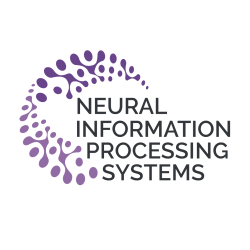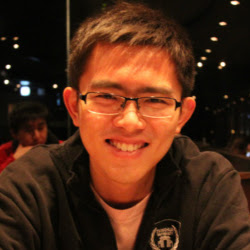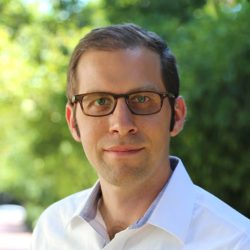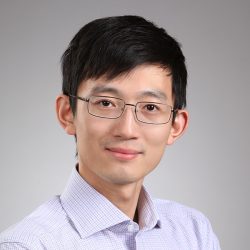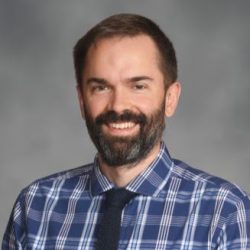
Optimization for ML and AI Seminar: Stochastic-Gradient and Diagonal-Scaling Algorithms for Constrained Optimization and Learning
Frank E. Curtis, Lehigh University Abstract: I will motivate and provide an overview of recent efforts in my research group on the design and analysis of stochastic-gradient-based algorithms for solving constrained optimization problems. I will focus in particular on our motivation for informed supervised learning, where constraints in the training problem can be used to […]

